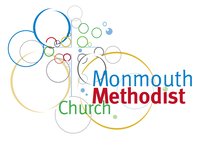|
If you would like to contribute as a blogger to this site, please ask It would be great if people can use this forum as a place to post news and reflections. AuthorDavid Howlett
21 Comments
|
Archives |
Proudly powered by Weebly

 RSS Feed
RSS Feed